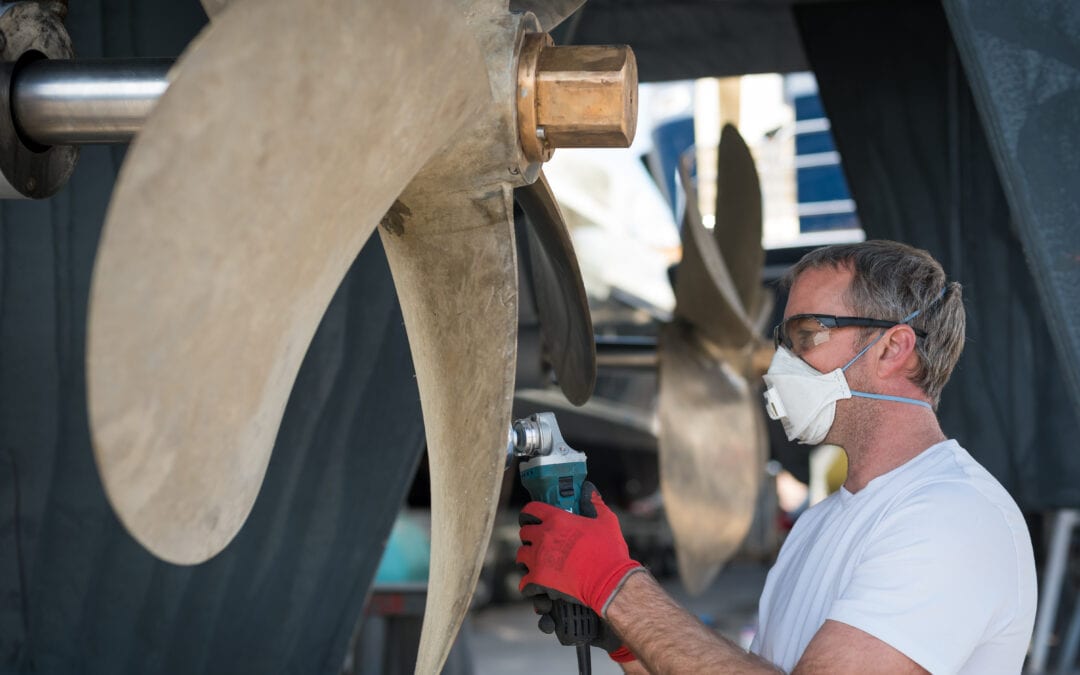Managing VAT
Any yacht owner who is planning to operate in the EU must consider VAT. Sarnia Yachts can provide the necessary arrangements to help manage your VAT obligations.
The optimal arrangement is chosen according to:
- The yacht size and value
- Its current VAT status
- The current ownership structure
- Whether it is used privately or commercially
- The planned cruising area
- The location of the yacht
- The residency/nationality of the beneficial owner
Sarnia Yachts frequently provides the following VAT arrangements:
Operational Lease
Primarily for EU resident owners, an operational lease is a consideration for a pre-defined period of ownership. Unlike Maltese Leasing, which is no longer available, under an Operational Lease, no VAT paid status is obtained at the end of the term.
VAT Management
For commercially operated yachts, the yacht owning company will be VAT registered at the appropriate jurisdiction and will operate as a commercial enterprise allowing recovery of VAT where applicable.
Temporary Admission
These rules apply to non-EU resident owners who wish to use their yacht privately in the EU. Use is limited to 18 months after which the yacht must be removed from the EU before re-entering under the same rules.
French (FCE) & Italian (ICE) Commercial Exemption
Commercially operated yachts operating in France and Italy can take advantage of the FCE & ICE rules for both VAT on the yacht itself and ongoing supplies. There are a number of criteria that must be met for FCE/ICE.
Yacht Engaged In Trade (YET)
For those Non EU owners wishing to operate predominantly on a private basis whilst undertaking an element of charter, the YET scheme could provide the solution.
Our Expertise
VAT arrangements are complex and there are many factors to consider. Sarnia Yachts will work alongside your existing yacht broker or financial management teams, bringing our team’s experience to get the job done.
Sarnia Yachts will consider many different factors before recommending the ideal VAT arrangement for a client:
- Does the client require a full structure or do they already have a company to act as owner?
- Nationality of the owner?
- Residency of the owner?
- What is the current VAT status of the yacht (Non-VAT paid [TA], VAT paid, VAT mitigated/deferred, or exempt)?
- Has the yacht been formally imported into the EU?
- Geographical area and specific countries of use?
- New yacht or second-hand
- Current flag/port of registry of the yacht?
- Private pleasure or charter use?
- Is the yacht commercially compliant?
- Length of the yacht?
- Tonnage of the yacht?
- Where will the yacht be lying at the time of purchase?
- The current value of the yacht?
We advise owners on existing arrangements and offer sound advice to ensure long-term security.

Potential tax liability for Italian new build yachts
Commissioning a new yacht can be an exciting time however before signing up to their dream build, prospective owners should step back and consider how best to contract with the shipyard. Security for an owner is critical during the construction of a new yacht, as...

Sarnia Yachts acquisition by Praxis completes
Global private wealth and corporate services provider Praxis has completed the acquisition of Sarnia Yachts. The deal, which was initially announced in mid-May, adds a diverse range of services, including yacht ownership, yacht management, crew management, yacht...

Shipyard Works – Beware the spider’s web of contractual obligations, liabilities and insurance cover
As the world becomes more litigious a number of shipyards have changed the way they work, facilitating subcontractors to carry out work, and it’s not always immediately obvious. Instead of a yacht owner contracting directly with the shipyard for all works, some...



